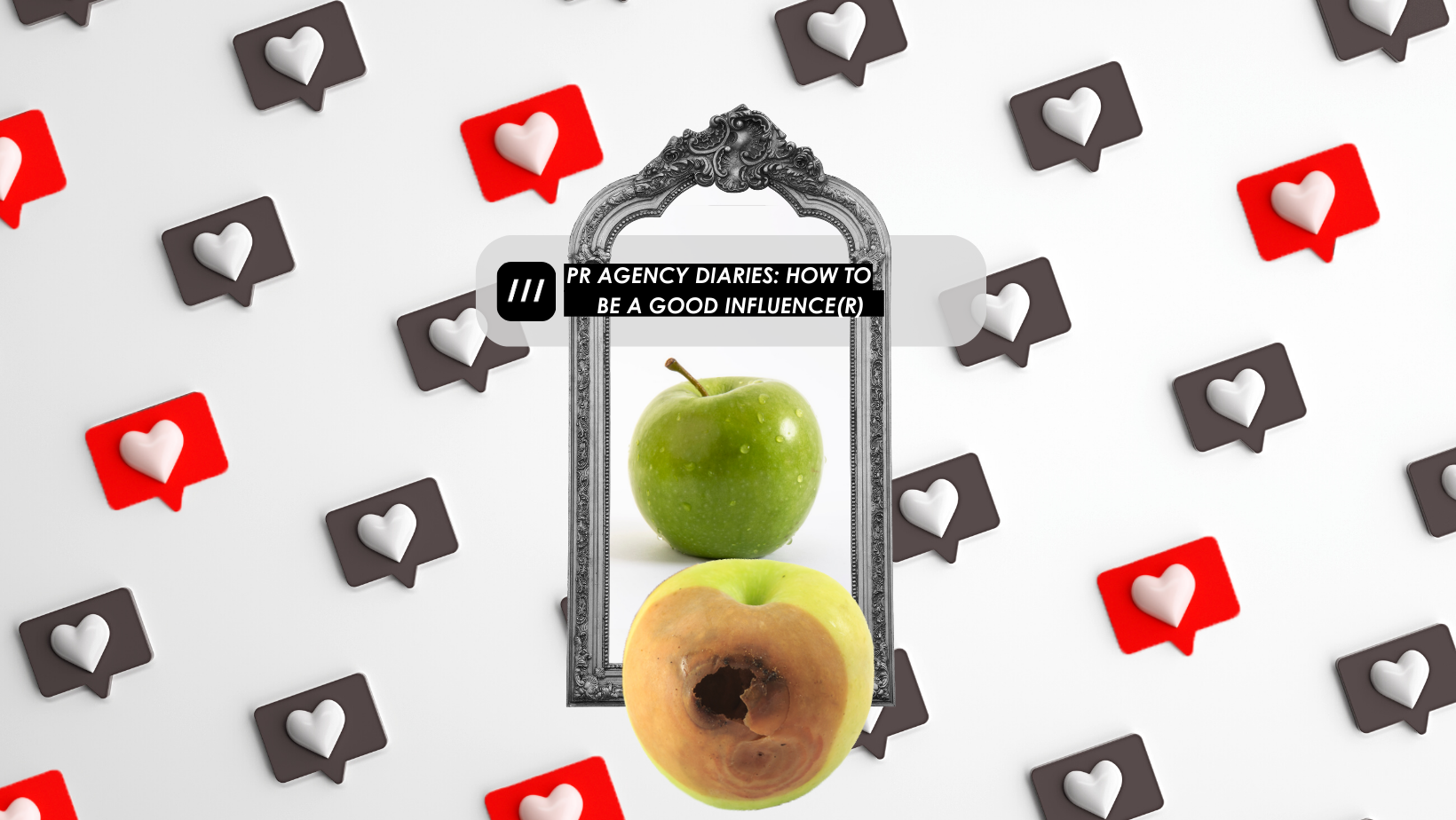PR AGENCY DIARIES: HOW TO NOT GET CANCELLED WHEN YOU/YOUR BRAND MADE A MISTAKE
If one thing is universally true, it’s that we all do stupid things from time to time. In the age of cancel culture and social media, those stupid things can stick around for years and come back to bite you when you least expect it.
Picture this – it’s 2012. Gangnam Style is on the radio. Wills and Kate have just announced they’re expecting their first baby. You’re pretty sure “lockdown” is a dance move and Corona is just a beer. Life is good.
While some things from 2012 are fondly remembered and can come back any time (like international travel and Auckland house prices), our old Tweets and Facebook statuses belong with the sneaker wedges trend: in 2012, being forgotten about.
Unfortunately, with the archives of the internet at our (and our enemies) fingertips, certain things have a habit of popping back up. We all make mistakes – and if you can look back at what you did a decade ago and cringe, it’s a clear sign that you’ve grown which is great. However, trolls are gonna troll – and it doesn’t matter if your faux pas was ten days ago or ten years, they’re going to want you to answer for it.
And unfortunately if your response is not managed correctly, these mistakes can be particularly damaging to your reputation.
Take a minute
The internet can heat up pretty quickly and even if you really want to respond right away, it’s best to take a time out. If what you did was bad (like really, really bad) you may need to consider deactivating your socials and/or changing your username while you regroup. Think, rationalise, work through the specifics and start hatching a plan. Do this without the influence of others, or being under the influence (you’re less likely to think straight with a few drinks giving you Dutch courage).
Understand where they’re coming from
Even if you don’t think what you said or did was wrong, examine how it might be perceived when taken out of context or viewed from a different perspective. Sometimes people are overreacting and making a mountain out of a molehill – but sometimes you need to own it and accept that you did something wrong.
No, seriously – own it
When your actions require an apology, make sure you understand what you’re apologising for and who you might have hurt. Take ownership of what you did, leave sarcasm at the door and show how genuinely remorseful you are. It’ll go a long way. If you aren’t ready to do that then step away from the keyboard. Come on, we’ve all been on the receiving end of an ‘I’m sorry you felt…’ non-apology.
Remember, it’s not about you
A good apology always focusses on those they’ve hurt. Don’t talk about your struggles and stresses, make excuses or minimise your actions by trying to explain your intent. Here’s a template – I did [BAD THING], it was bad and I feel bad, I unreservedly apologise to [person/community wronged] I will educate myself and do better.
Actions speak louder than words
If you did something dumb in high school ‘cause everyone else was doing it and you didn’t know any better, you’re probably not doing it anymore and are ashamed that you ever did. However, if you’re still doing it even though you know it’s hurtful and will get you in trouble, you’re going to have a hard time convincing anyone that you’re sorry. An apology only goes so far when it’s not paired with changed behaviour. Take this time to learn why what you did was dumb and commit to not doing it again.
Prevention is the best cure
Even if you’re strictly TikTok-ing these days, check your old socials. Do you have an old Twitter that you haven’t logged into since Leo finally got his Oscar? Any Facebook memories you’d rather forget? If you see something you wouldn’t say now, take it down. And don’t live under a rock – make sure you keep across pop culture and current events so you know what might be considered poor taste in 2021 and beyond.
Reckon you’re being unfairly targeted and you haven’t done anything wrong? Check out our guide for how to deal with trolls here.



